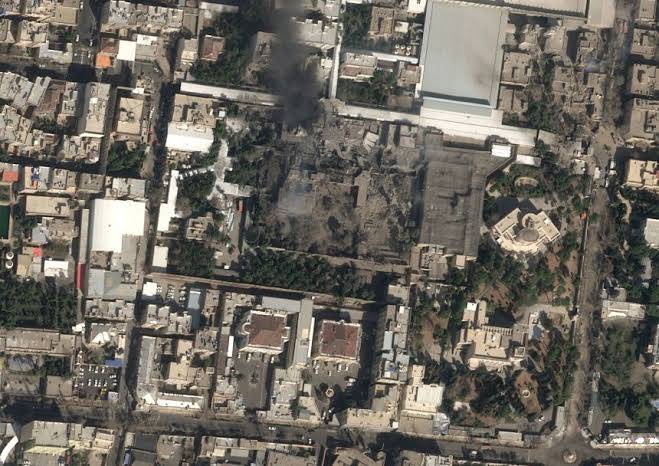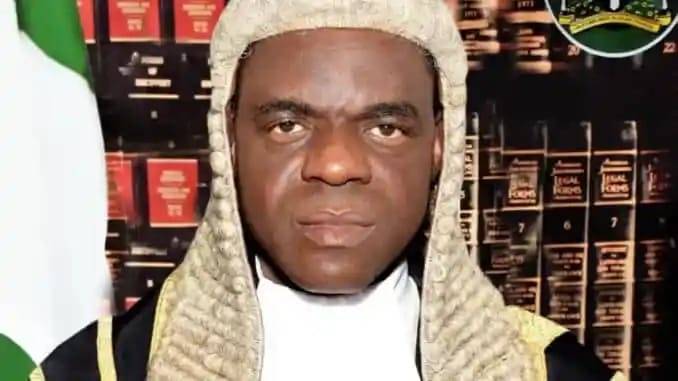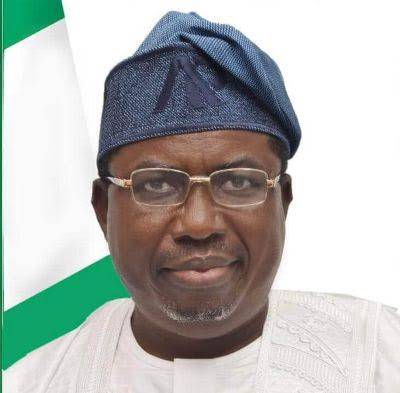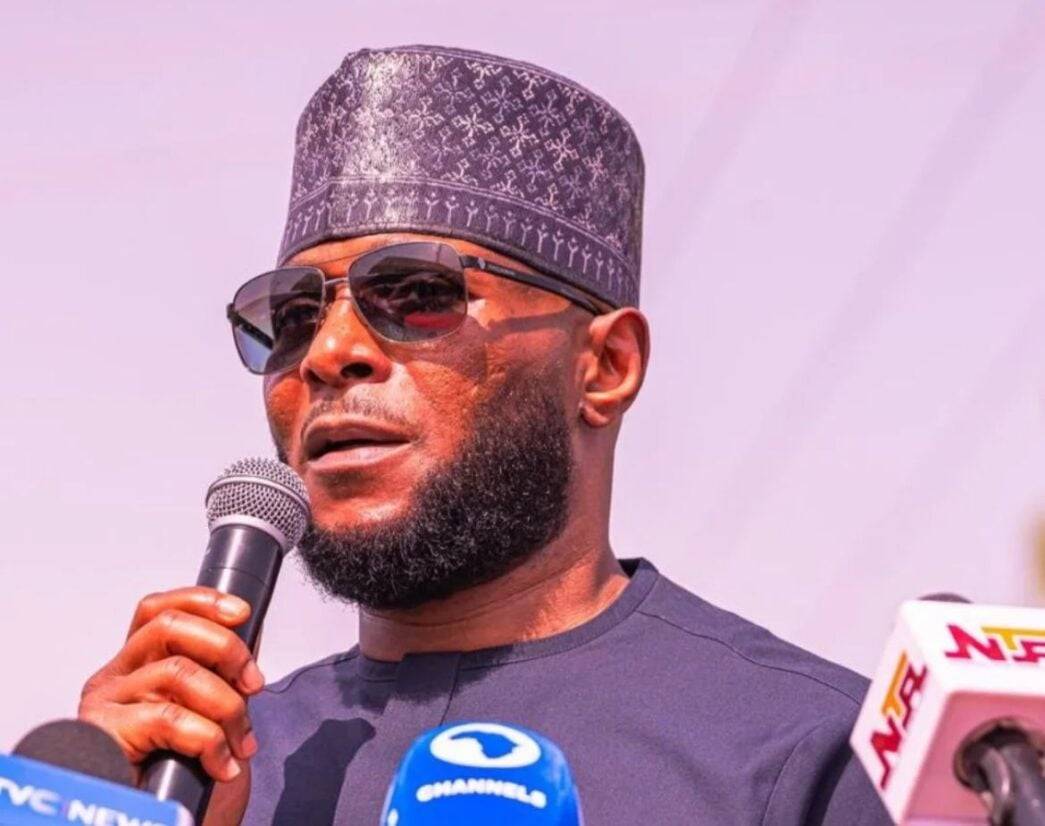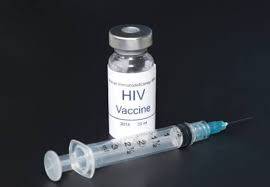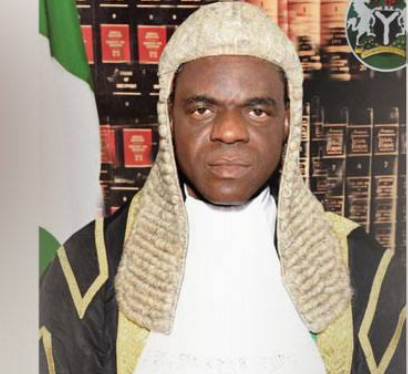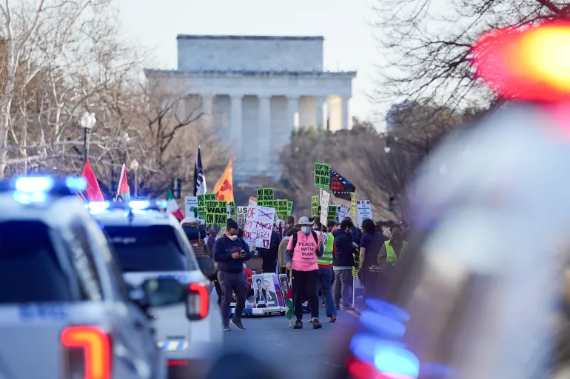The Minister of Transportation, Rotimi Amaechi, has advised the promoters of the Lekki Deep Seaport project to connect the new port to the Lagos-Calabar rail line to reduce the pressure of truck movement on the road.
Amaechi, who gave the advice shortly after inspecting the ongoing work at the project site in Lagos on Sunday, reiterated the need for a rail system to convey both liquid and dry cargoes out of Lagos through the ports, warning that there could be a problem if that is not done.
Meanwhile, there have been concerns by Lagos residents on the mode of cargo evacuation from the port, as many residents fear that since the Lekki port is not connected to the rail line, cargo evacuation would compound the already congested Lekki-Epe road – a situation that could replicate the chaos and gridlock being witnessed in Apapa and Tin Can Island Ports.
Amaechi, while speaking to the contractors handling the Lekki port project said: “I imagine a lot of things that I could have implemented. I imagined that the Lagos-Calabar rail line would start from here; that was my imagination. But the Lagos-Calabar rail project needs $11.1 billion funding.”
The Minister said the new port is expected to contribute up to $360 billion to the Nigerian economy over 45 years.
He also noted that the privately funded project is expected to allow investors to recoup their money after which they will hand over the seaport to the Federal Government.
“This is the first seaport in Nigeria. What we had all this while are river ports. Tin Can is a river port; Apapa is a river port and Port Harcourt is a river port. Right here you have a 16.5 meters draft, which is good for the country.
“The project will contribute about $360 billion over the years. It sounds like a lot, but we need more of that money to accomplish what we want to achieve. But obviously, taxes will be collected here and even the contractors will pay taxes. I am not sure there was any tax mentioned in the agreement, but I doubt there is any tax exemption.
“The confidence in giving them the project is because of the taxes that we will collect here that will help us in the construction of other projects,” the minister said.
Amaechi also stressed the need for the extension of the land allocated for the construction of the Lekki port to enable the completion of the project.
He also noted that the country needs more than just one of these ports because of the increase in commercial activities in the future.
“We need just more than Lagos deep seaport and for me, before I leave office I will emphasise the construction of the Bonny deep seaport,” he said.
On his part, the Managing Director, Nigerian Ports Authority (NPA), Mohammed Bello-Koko, said the agency would continue to work to ensure the realisation of the project.
The Chief Executive Officer, Lekki Port, Du Ruogang, assured the minister that everything is going according to schedule to deliver the port for the start of operations.
Also, the Chief Operating Officer, Lekki Port, Laurence Smith, informed the minister and his entourage that 15 purpose-built Rubber Tyre Gantry (RTG) cranes are being fabricated for the facility as five ship-to-shore cranes are ready for shipment and will be arriving at the port in June 2022.
The Chief Executive Officer, Lekki Freeport Terminal, Denrick Moos, said the terminal operating system is being put in place.
He explained that the terminal operations training will start in April 2022, adding that all these efforts are geared towards the smooth take-off of port operations later this year.


